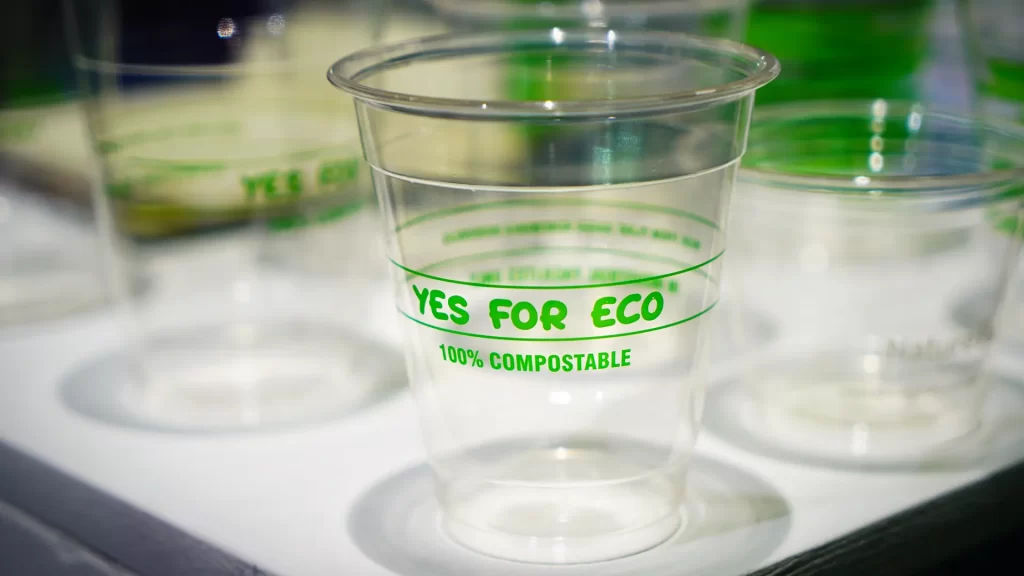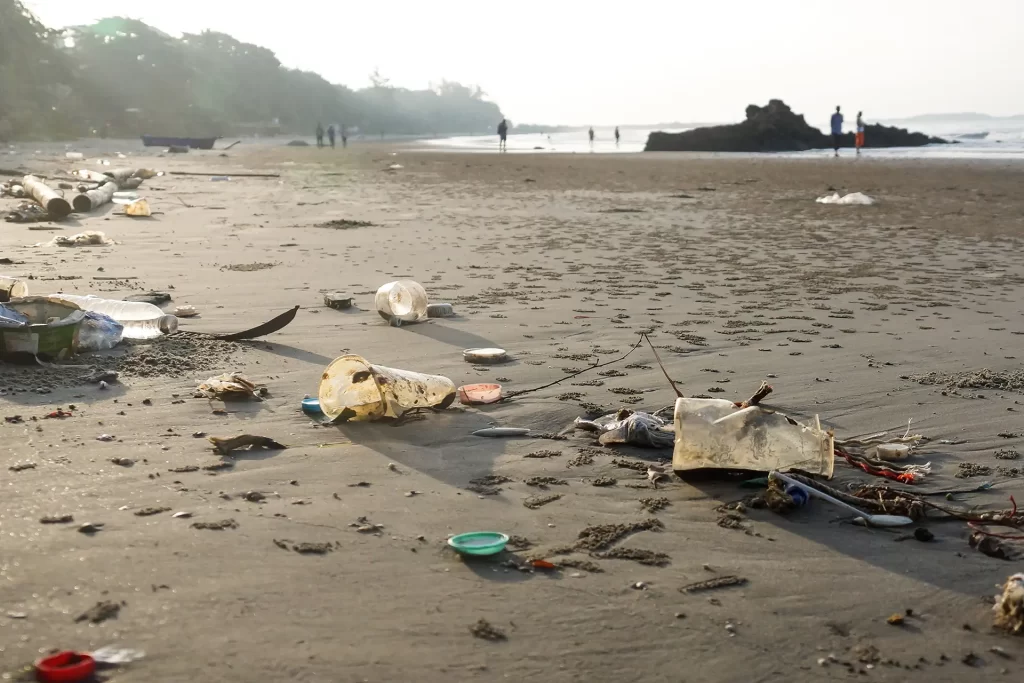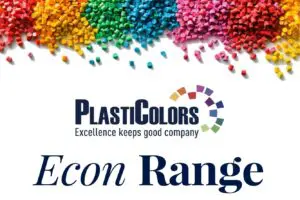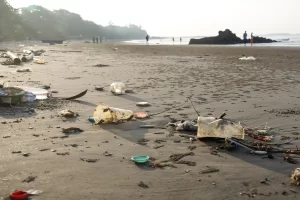Worldwide, governments are tightening regulations on conventional plastics, while consumers increasingly prioritize products that align with their environmental values. This article delves into the current state of biodegradable plastics, analyzes projected market trends, examines the critical role of consumer confidence, and highlights the impact of governmental policies in shaping the future of these sustainable alternatives.
Market Trajectory and Future Projections
The global market for biodegradable polymers has experienced substantial expansion in recent years. In 2024, the sector’s valuation was estimated at $6.79 billion. Projections indicate a climb to $7.97 billion by 2025, representing a compound annual growth rate (CAGR) of 17.4%. Looking further ahead, forecasts suggest the market could surge to $19.41 billion by 2034, with a CAGR of 15.28% from 2025 onward.
This growth is propelled by several key factors. Notably, the increased integration of biodegradable plastics across packaging, agricultural applications, textile production, and everyday consumer goods is a primary driver. Industries are actively transitioning to sustainable materials, aiming to reduce their reliance on petroleum-based plastics. Furthermore, advancements in material science are enhancing the robustness, flexibility, and practical application of biodegradable polymers, making them increasingly viable for commercial use.

Building Consumer Confidence Through Sustainable Practices
Today’s consumers are more environmentally aware than ever, with a strong preference for sustainable products. Research indicates that approximately 80% of consumers favor goods packaged in eco-friendly materials, and many are willing to pay a premium for such options.
Biodegradable polymers solutions, like EcoPure®, play a pivotal role in cultivating consumer trust. Companies that adopt sustainable packaging and materials not only enhance their brand perception but also attract environmentally conscious customers, gaining a competitive advantage. By incorporating biodegradable plastics into their supply chains, businesses can market their products as environmentally responsible, providing transparent information about their sustainability initiatives. Certifications and labeling that demonstrate adherence to international biodegradation standards, such as ASTM D5511 and ISO 15985, further solidify consumer confidence.
Sustainability initiatives are significantly influencing purchasing decisions. Major brands, including Unilever, Nestlé, and Coca-Cola, have pledged to reduce plastic waste and increase the use of biodegradable or compostable packaging, aligning with environmental objectives and fostering customer loyalty.
The ability to incorporate EcoPure® without escalating production costs provides a transformative advantage for businesses seeking to balance profitability with environmental responsibility. This cost-effective approach empowers companies to meet regulatory requirements and consumer demands for greener products while maintaining healthy margins.
Governmental Policies and Global Initiatives
Governments worldwide are implementing regulations to phase out single-use plastics and incentivise the adoption of biodegradable alternatives. Numerous countries have introduced bans, taxes, and incentives to curtail plastic waste. Key initiatives include:
- European Union: The EU’s Single-Use Plastics Directive prohibits certain plastic products and encourages the use of biodegradable alternatives. Nations like Germany, France, and Italy have enacted rigorous measures, mandating that packaging and disposable items be compostable or biodegradable.
- United States: Several states, such as California, New York, and Washington, have introduced regulations that require compostable packaging for food service and retail sectors.
- South Korea: The government aims to completely eliminate single-use plastic bags by 2030 and transition to biodegradable alternatives by 2050.
- India: The Plastic Waste Management Rules necessitate that businesses phase out non-biodegradable plastics and promote biodegradable packaging.
- African Nations: Countries like Rwanda, Kenya, and Tanzania have implemented some of the most stringent plastic bans globally, prohibiting plastic bags and advocating for biodegradable alternatives.
These policies are accelerating the adoption of biodegradable plastics and creating new business opportunities for companies investing in sustainable packaging solutions.
Navigating Challenges and Considerations
Despite the promising outlook, several challenges impede the widespread adoption of biodegradable plastics:
- Elevated Production Costs: Biodegradable plastics are generally more expensive to produce than conventional plastics, limiting their accessibility for small and medium-sized enterprises.
- Infrastructure Deficiencies: Industrial composting facilities are not yet widely available in many regions, hindering proper disposal of biodegradable plastics that require industrial composting.
- Recycling and Contamination Issues: Certain biodegradable plastics are incompatible with existing recycling streams, leading to potential contamination of recyclable materials.
EcoPure® is an example of a unique solution that addresses these challenges through affordability, not requiring a change in waste management and maintaining the recyclability of plastics.
EcoPure® is a revolutionary organic plastic additive that significantly increases the biodegradation* rate of plastics and plastic products.
* Biodegradation rates of EcoPure®-treated plastic materials measured according to the ASTM D5511 test method. Tests are generally conducted using 20% to 30% solids content; solids content in naturally wetter landfills range from 55% to 65%, while the driest landfills may reach 93%. Actual biodegradation rates will vary in biologically-active landfills according to the type of plastic used, the product configuration, and the solid content, temperature and moisture levels of the landfill.




